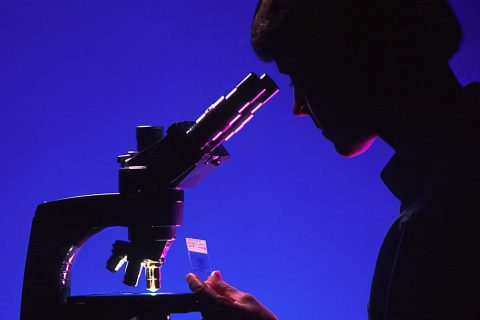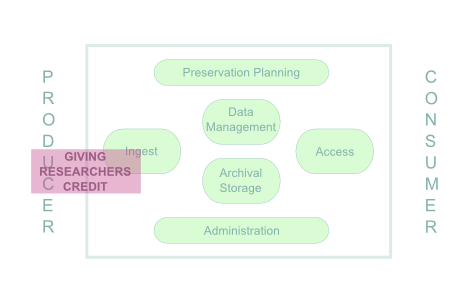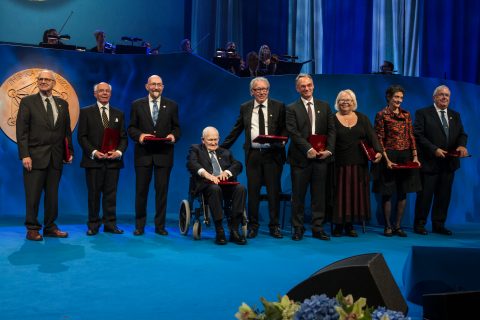Publication of research takes months going through peer review before it sees the light of day. And only a tiny proportion of the work that goes into any project is ever made visible and published, as traditional journals are selective and only accept new or novel findings. Too much work is shut away in notebooks, in drawers…
Maria-Paz Ramos is June’s “F1000 Specialist of the Month”. She obtained her PhD in Biomedical Sciences at Einstein in NYC, working on stem cells and epigenetic transcriptional regulation. After living in the US for 8 years, she went back to Chile in order to contribute to the science progression in her country.
Almost 300 years after Laura Maria Caterina Bassi became the first woman to earn a professorship at a university in Europe, women still comprise less than one fifth of professors across that continent. In an opinion article published this month on F1000Research, Lynn Kamerlin, who runs a lab in the cell and molecular biology department…
This is a guest post by Fiona Murphy, Project Manager for the Giving Researchers Credit for their Data project. It has been a few months since our last update, but we haven’t been idle. Once we learned we had been funded for a further phase to develop our helper app that supports publication of data…
In recent months, there has been a lot of discussion in the biology research community about the potential of preprints as a tool to accelerate the dissemination of scientific results and ideas. Preprints in biology While preprints are well-established in other fields of science (particularly physics, mathematics and computer science through arXiv), they are still a…
This September the INCF’s annual congress Neuroinformatics 2016 comes to Reading, UK, so we will be hopping on the Great Western Railway from Paddington to be there. If you are attending, please swing by our exhibit to say hello and/or pick up some free stuff! If you haven’t registered yet, the early bird fee for…
Each month we review our poster and slide submissions and feature one as our ‘poster/slide of the month’. We were spoiled for choice in May, but decided on “Approach motivation in depression: a combined ESM and fMRI approach” to tie in with Mental Health Awareness Week, which took place during the month. This poster was presented at…
Congratulations to our Head of Neuroscience Faculty, Carla J Shatz, who has won this year’s Kavli Prize in Neuroscience. She shares the prize with Eve Marder, former Faculty Member of the Neuronal Signaling Mechanisms Section, and Michael M Merzenich ‘for the discovery of mechanisms that allow experience and neural activity to remodel brain function.’
The weather has decided to get warm just in time for June, and the F1000 crew is ready to enjoy some sunshine. We will be visiting Philadelphia in the Keystone State for the Special Libraries Association (SLA) meeting, as well as Boston in the Bay State, for the American Society for Microbiology conference – ASM Microbe. Then on to the Sunshine State, and more precisely Orlando, for the American Library Association’s (ALA) Annual Meeting.
On 20 and 21 May we had the pleasure to attend the UK Médecins Sans Frontières Scientific Day 2016, the annual MSF conference showcasing medical and innovation research in humanitarian medicine. On the first day, a number of excellent field researchers updated us on recent work carried out in different MSF locations. Among the speakers,…

















